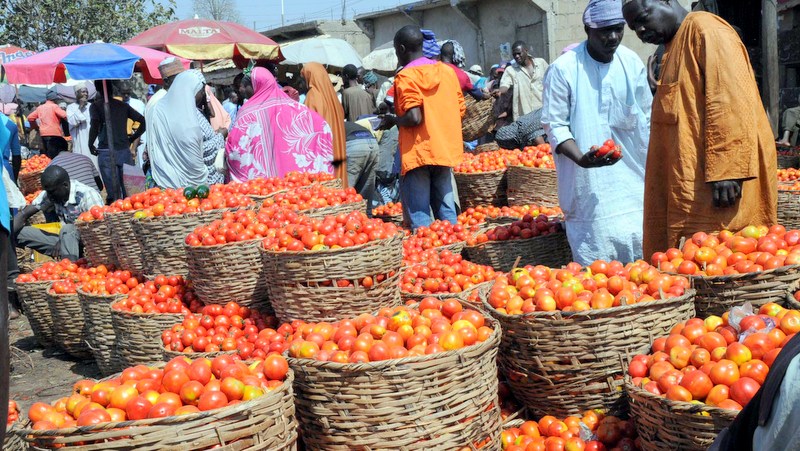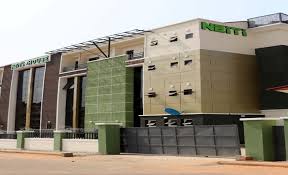NIGERIANS are increasingly finding it difficult to live, no thanks to rising food inflation in the country. Worst hit by this development are the people on low income bracket, especially those operating in the informal sector of the economy.
A market survey conducted by themorningstar.com.ng showed that people are passing through hell as they navigate the difficult times occasioned by the twin reform programme of the President Bola Tinubu administration which are anchored on fuel subsidy removal and foreign currency floatation.
A mother of three, Mrs. Ijeoma Chkwuma, lamented that harsh economic realities, saying she and her kids now feed once in a day.
“The economic downturn in Nigeria has taken a devastating toll on citizens, forcing many to make difficult choices to survive. The country’s economy is very bad right now, and it’s getting worse,” she said. The hardship has made it challenging for many of us to be unable to afford basic necessities, including food. Some have been forced to stop eating certain meals or reduce their food intake due to the high cost of living.
“I can no longer afford to eat meat or fish. I now rely on garri (cassava flakes) which has also suddenly become the food for the privileged too,” she lamented
Because of the exorbitant price of protein-giving foods such eggs and fish, including milk many families no longer eat protein which is a necessity for good health.
Also, a student in one of the tertiary institutions in the country, Mr. Samson Akinwale lamented that the feeding stipend his parents gives him no longer mean anything when translated to what money can buy.
“The prices of staple goods have skyrocketed, leaving me to skip meals altogether. Before now my parents give me N20,000 every month from which I buy rice, groundnut oil, fish, garri and satchet milk but as of today N20,000 cannot buy anything reasonable,” he said.
Also affected are small business owners.
A trader, popularly known as Iya Vickie, in Abesan Estate, one of the low cost housing estates built by the first civilian governor of Lagos State, late Alhaji Lateef Jakande lamented a significant drop in her daily sales.
“As a foodstuff and provision shop owner, I have stopped to sell some things because of the consistent increase in price. For example, last year a carton of turkey was N50, 000, but last week when I wanted to buy it, I was told it is now N 75,000.I had to leave it knowing that it would be difficult to sell to my customers.”
Another small business owner, Mr. Chukwuma Alex, said he was forced to close his bakery because of the escalating cost of flour and sugar.
He said: “When I could not cope with the persistent rise in the prices of sugar and flour, two major raw materials for my business, I decided to shut down. Gone with the shutdown are 15 employees and their means of livelihoods.”
Alex urged the government to support citizens by reducing taxes on basic commodities instead of insulting them with palliatives which have become another political tool of exploitation.
Commercial bus drivers are not insulated from the general frustration in the land. A mini-bus driver known as Korope in local parlance, lamented the rate of exploitation by drivers’ union.
“I bought this bus on hire purchase at N4million. I dropped N400,000 down as a mark of my commitment. I am expected to deliver N100,000 every week. Any week I default would result to my forfeiting the deal,” Adio Rasheed, 35, lamented in Lagos.
A father of four, the eldest now an undergraduate, said school fees keep going up too. “Even public schools are no longer designed for the poor,” he said.
He said: “Meeting my weekly target has been very challenging, especially with high fuel prices and exploitation by NURTW officials, police and many other uniformed personnel of the government and non-state actors.
“Every day, my passengers complain about the fares. Many can’t afford to get to work; some even walk long distances just to save money. We are confused.”
A passenger, Oluwanifemi, also complained about the rising transport fare. “I usually pay N200 to go to Ayobo from Estates but presently, it has increased to N500 due to fuel hike.”






